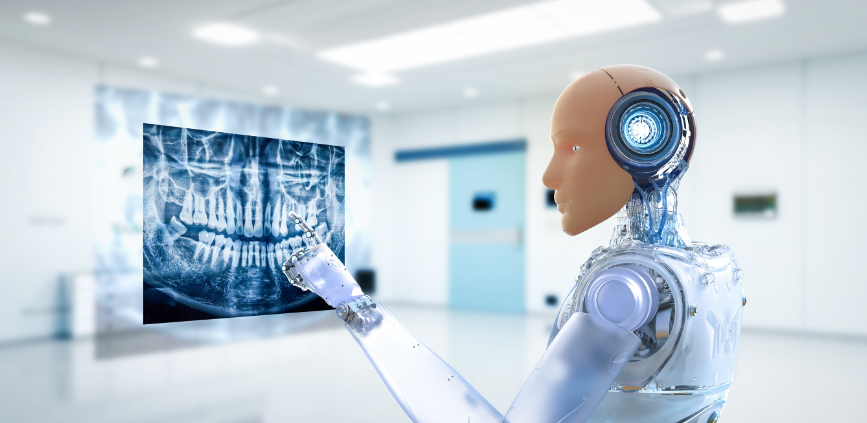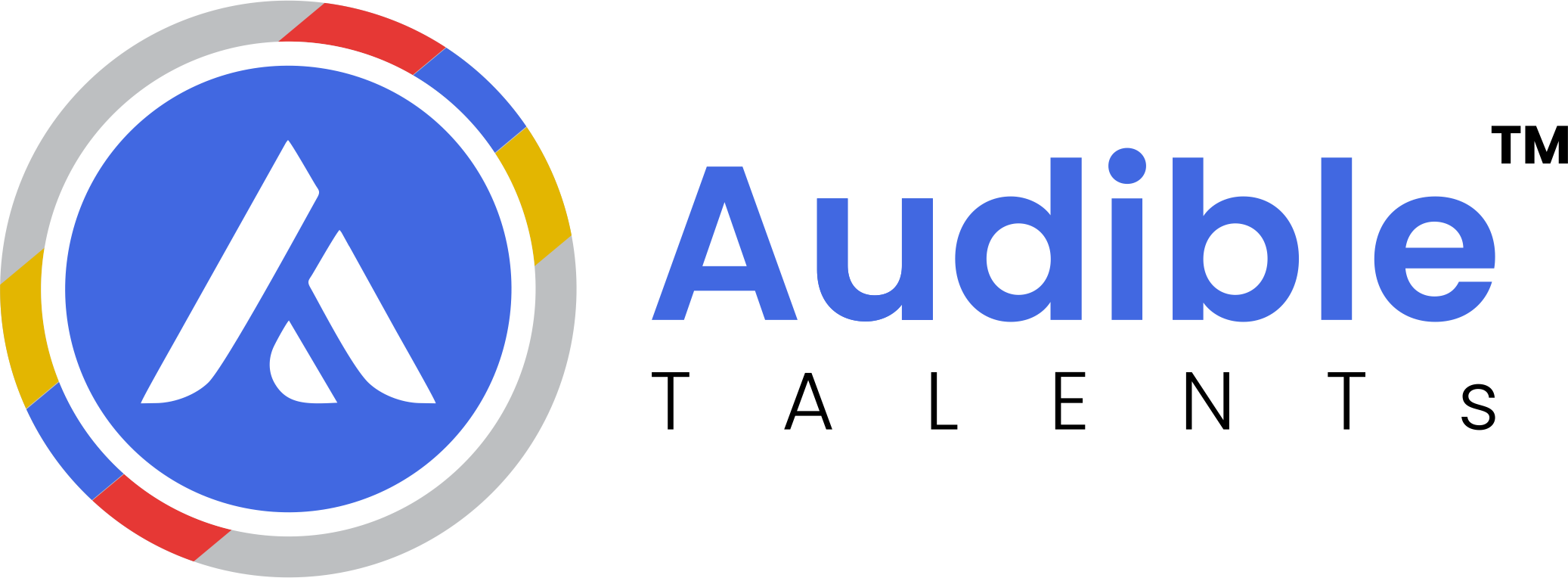
The year 2025 is shaping up to be a watershed moment for AI technology, with AI agents poised to change the way we work and live. Top tech companies like OpenAI, NVIDIA, Microsoft, and Google are racing to create sophisticated AI capable of complex, multistep tasks in a self-sustaining manner. These “digital AI workers” or AI agents will be crucial in reordering how industries work and personal workflows, bringing along both unparalleled opportunities and challenges.
In this blog, we cover the state of the latest developments in AI agents, their applications, and the driving means behind this sea change, with ramblings drawn from recent announcements between OpenAI and NVIDIA.
What Are AI Agents?
AI agents are a sophisticated kind of digital tool fit for understanding, planning, and executing tasks autonomously, much like any human employee. Unlike the straightforward AI chatbots responding to simple prompts, such agents are “digital employees,” crafting tasks such as:
- Managing workflows
- Optimizing supply chains
- Summarizing dense research papers
- Coding and software development
- Customer support
What is unique about the capabilities that are being developed for AI agents, however, is the capability for iterative or repetitive planning and decision-making—real-time adaptation of unfolding fortunes. That makes them perfect for multi-step challenges in industries like healthcare, manufacturing, education, and more.
OpenAI’s Operator: The Game-Changing Digital Assistant
OpenAI’s newest AI agent, called Operator, is going to be released as a research preview in January 2025. Operator enables the execution of real-world tasks, which include booking travel, coding, and workflow organization from within a web browser. It can handle complicated instructions, like setting flights, filtering options, and even completing payments with the least human intervention.
Operator represents a shift in AI from incremental model improvements to practical, real-world applications. OpenAI’s long-term goal is to offer this technology through APIs to developers to create more types of applications.
NVIDIA AI Agent Ecosystem
At the recent NVIDIA AI Summit in Japan, the company shared its vision of AI agents enabled through its Nemo framework. In contrast to OpenAI’s churning out releases like Operator, the objective of NVIDIA would be to help enterprises create and deploy their own AI agents by leveraging:
- Nemo Framework: a lifecycle platform with tools for data curation, training, fine-tuning, and evaluation.
- NIMS: Pre-built AI microservices to easily integrate within workflows.
- Blueprints: Reference workflows—e.g., multimodal PDF extraction and digital human interface interactive.
According to the company, it is envisioned that agents from NVIDIA will be in a position to undertake about 50 percent of tasks in a typical workload. This would boost productivity while freeing humans to pursue even higher-value activities.
AI Agents in Action
Over and over, AI agents are changing how business gets done across industries:
- Customer Service: Responding, transaction processing, request management.
- Marketing: It will allow them to run faster campaigns from insights analyzed in real-time.
- Supply Chain Optimization: It helps customers save millions by smoothing and streamlining logistics and manufacturing processes.
- Healthcare and Research: It summarizes dense medical research and helps in drug discovery.
The tools developed by NVIDIA allow companies such as ServiceNow and SAP to build custom agents, tailored needs, while OpenAI’s Operator is going on to make digital assistance accessible for individuals and small businesses alike.
The Rise of Personal AI Agents
Beyond enterprises, personal AI agents are finding their use. These agents shall be lifetime companions in personal planning, education, health monitoring, and many more. Think of an AI agent to grow up with you, remembering your preferences and offering personalized support throughout your life.

As such, Microsoft’s Co-Pilot leads this way, and the project works out conversational AI companions that start off as tools and end up as trusted life partners.
Challenges and Opportunities
While AI agents promise to revolutionize work and life, the challenges also include some important ethical and operational questions:
- Privacy and Accountability: AI systems should be transparent and unbiased.
- Impact on Job Markets: Job displacement through workforce retraining programs.
- Accessibility: The code should avoid the concentration of AI in a few, large corporations.
- Power Consumption: Development of sustainable solutions for the vast amount of energy that the training requires.
These are challenges that require the vigilance of policies, companies, and society in general, to balance innovation with responsible implementation.
Conclusion
The future of AI agents is bright; 2025 marks a turning point for this transformative technology. Whether through OpenAI’s Operator, NVIDIA’s Nemo framework, or Microsoft’s Co-Pilot, AI agents will rewrite the rules on how we work and generally live with technology.
The more this technology is integrated into our lives, the more evident it will be that this is only just the beginning of agentic AI. This is what businesses and people alike should focus on—preparing for—by paying attention to how AI agents can optimize workflows, improve productivity, and create meaningful personal and professional experiences.
Stay ahead of the curve—start exploring AI tools today and position yourself for success in this AI-first world!
